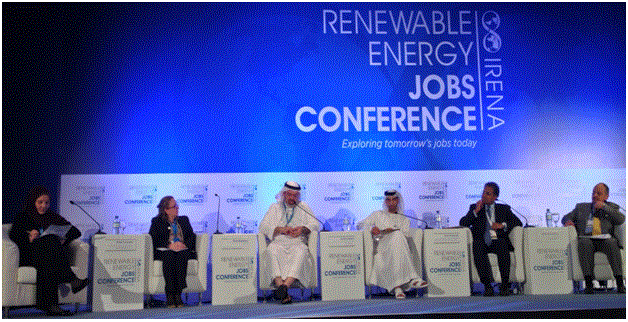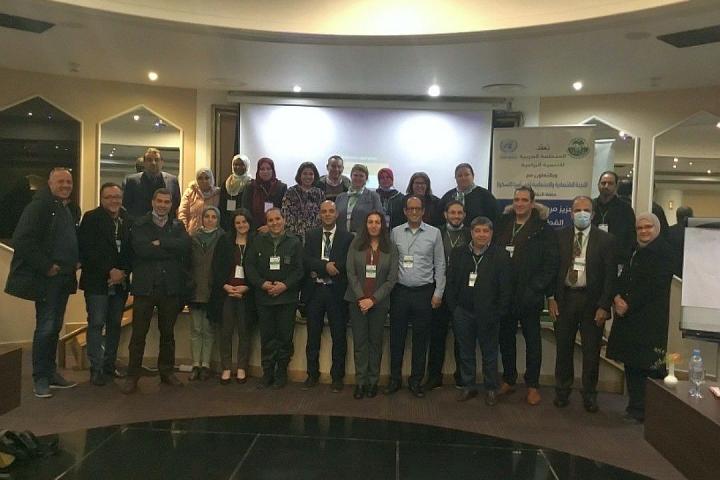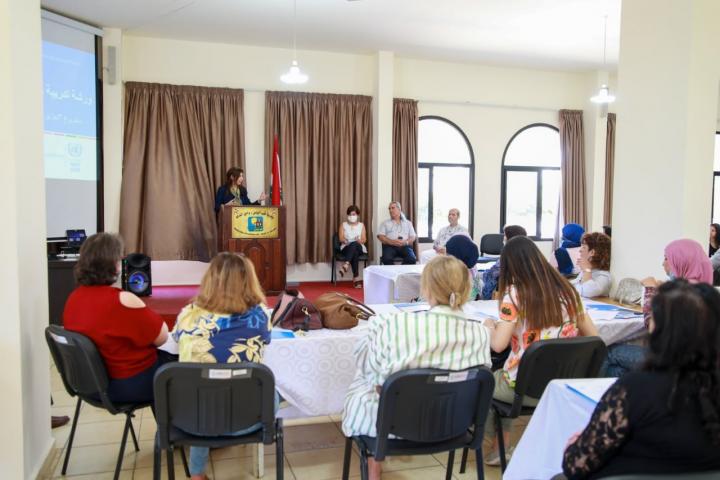Investment in alternative energy offers a range of benefits, not only for energy security or environmental considerations but also for the socio-economic gains they can generate. Renewable energy global demand continues to rise, contributing an estimated 19% of global final energy consumption in 2011. Renewables constituted more than 26% of global generating capacity and contributed an estimated 21.7% of global electricity, while creating an estimated 5.7 million jobs for people working directly or indirectly in the renewable energy sector in 2012. It is observed that the role of “green jobs” in addressing sustainable development and responding to the global challenges of environmental protection, economic development and social inclusion has been increasingly recognized worldwide, by governments, civil society, and the private sector. The International Renewable Energy Agency (IRENA) held the Renewable Energy Jobs Conference on the 21st of January alongside the World Future Energy Summit (WFES) that was held during the Abu Dhabi sustainability week 2014. It discussed how the renewable energy sector became a significant employer with the potential for adding millions of jobs worldwide in the coming years.
One of the main speakers of the conference was Roula Majdalani, Director of the ESCWA Sustainable Development and Productivity Division, who delivered a presentation entitled “Socio-Economic Benefits of Renewable Energy Deployment in Gulf Cooperation Council.” She addressed improving energy security, mitigating climate change, managing natural resources, and improving the management of the energy sector, while emphasizing on the potential of renewable energy job creation in the gulf region. She also noted that the jobs expected to be created in the GCC countries will depend on a number of factors, including the local manufacturing and production capacity of RE equipments, the productivity of the Labor force, the size of domestic local and international markets and the required quantities, the scale of production and the potential of the available market, the profile of the labor force that will fill the expected local jobs, and the pace of advances in technology. Majdalani concluded by stressing on the importance of promoting and prioritizing energy efficiency measures, the need to address sustainable energy with an integrated lens to natural resources management, and the effectiveness of addressing energy policies within a socio-economic and geo-political paradigm. See more at: http://www.escwa.un.org/escwanewsdetails.asp?id=27#sthash.l6ByKhzO.dpuf




